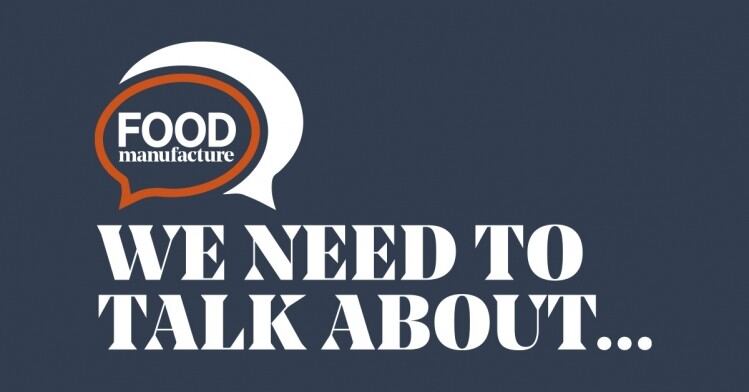These are tough times. Nations and businesses stand at a crossroads. They can choose openness and cooperation in the face of huge global challenges or they can retreat into nationalism and protectionism.
Confronted with work stress and pressure on budgets, people can either band together and seek strength in numbers or they can insist on going solo, looking out for number one.
In one sense, choosing the latter path is understandable. Collaboration is a tightrope requiring careful balance. It’s not something that can be condensed tritely into five easy steps. And we can all likely cite instances of being burned before, when we gave away too much professionally.
Risk and reward
Yet, relationships involve risk. If we risk nothing, we gain nothing and we lose the opportunity to grow. Opting to avoid risk is perhaps the biggest risk of all, leading potentially to stagnating and being left behind. The question is: how can we take strategic risks?
Valued relationships are built on trust and trust needs to be built. Initially, of course, someone needs to make the first move. Starting small is a good maxim, and if things go well, we can build from there. Collaboration must also start from the top. Because of that, it will partly depend on who directors gel with – and on clear communication and honesty.
Leaders need to realistically assess the strengths, capabilities, goals, priorities and unique selling points of their businesses and those of their potential competitors. Possessing complementary, rather than identical, objectives can work well, together with similarities in non-competitive areas, such as culture, systems and processes.
Common causes can also unite companies and the bigger the cause, the better. There are enough of those right now: climate change, food security, barriers to trade, global economic hardships.
The knowledge of when to make contact will be made easier by the security of existing relationships and the advice of others. That’s where the value and power of networking comes in.
Human interaction
And, because clear communication is so vital, virtual meetings only go so far. They are fine for oiling the wheels and for saving time and money during the average working week, but since most human communication is non-verbal, we need to preserve face-to-face interaction.
This is where trade associations such as the Provision Trade Federation can come into their own, bringing members together to solve joint problems, share inspiration and intelligence and boost morale. That was why it was so encouraging to welcome members back after four years of pandemic-induced hiatus to the famous PTF annual dinner at the Landmark Hotel, Marylebone a week ago.
Manufacturers in the pork, dairy and fish sectors, combining billions of pounds in sales united in a ballroom thronging with 450 people, many of whom were catching up properly for the first time in ages. They ate delicious food, toasted their successes and their challenges and gave thousands of pounds in support of individuals in the food industry who have fallen on hard times.
There was a sense of celebration and a collective sigh of relief at being able to escape Teams and Zoom and be finally present in person.
The PTF aims to engage in much more face-to-face (and virtual) collaboration in the future. Only together can we solve the global problems we face.





